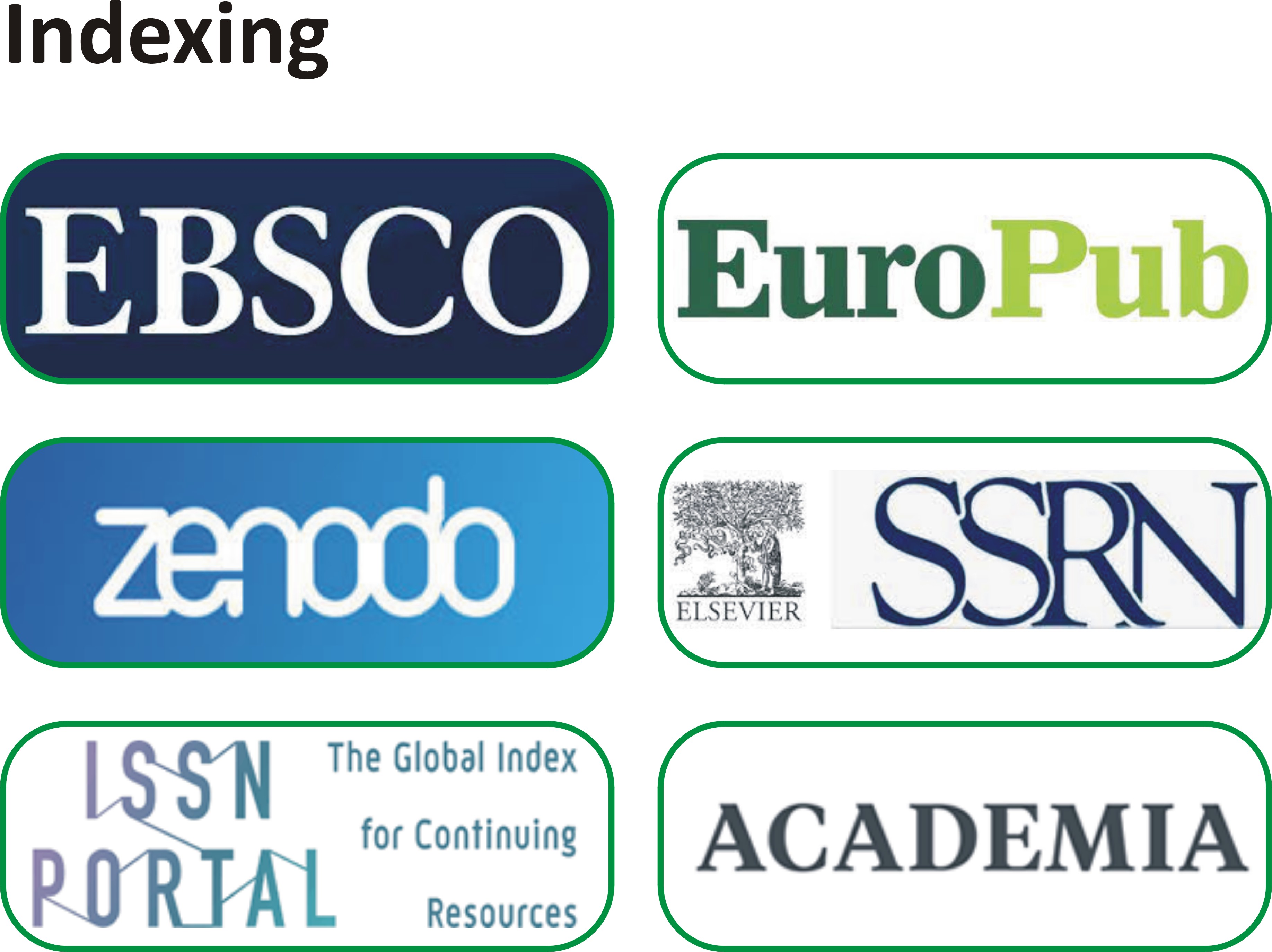Perceptions of Khyber Pakhtunkhwa Public Sector High School Principals Regarding Students’, Teachers’ and Parents’ Response Towards Academic Progress
Abstract
The current descriptive- quantitative study was to highlight perceptions of Khyber Pakhtunkhwa public sector high school principals regarding their students’, teachers’ and parents’ response towards academic progress. The objectives of the study were: to explore the perceptions of the public sector secondary school principals regarding their school students in terms of the students’ response; to explore the perceptions of the public sector secondary school principals regarding response of their school teachers in terms of teaching learning process; to explore the perceptions of the public sector secondary school principals regarding parental attitude in terms of school-parents collaboration towards the better student performance and finally to suggest/recommend suitable ways and means to deal the problems faced by public sector school principals. In this regard, the sample comprised of the high school principals of districts Peshawar, Mardan and Charsadda of the Khyber Pakhtunkhwa province of Pakistan. As per the annual statistical report of government high schools (2017-18) through elementary & Secondary Education Khyber Pakhtunkhwa website, out of total 420 high school principals, 201 principals as sample, through Morgan Table, was selected under multi-stage sampling approach with stratified, cluster and finally simple random sampling. A self-developed, Five-Point-Likert scale, questionnaire with Cronbach alpha of .089 of total 55 items was personally distributed among the participants. The collected data was analyzed through SPSS V. 23.0 by utilizing descriptive statistics: mean and standard deviation and inferential statistics: chi-square. In the light of analyses and findings enough evidence was not found to reject all the three hypotheses. Some major findings of the study appeared to be as follow: principals of high schools of this study found their students irresponsible towards teaching learning activities; do not complete their tasks in time, work part time and are not energetic in school. Regarding their teachers, principals view their teachers to be devoted, complete their courses in time, are not problematic and are cooperative; however, the teachers do not use A.V. aids while teaching and were found doing their personal work in school hours. In terms of parents’ response, the principals found parents to be lacking interest in their children’s academic progress and regularly visiting school to discuss their children’s progress. They, on the contrary, engage their children in ‘other-than-school’ activities.







